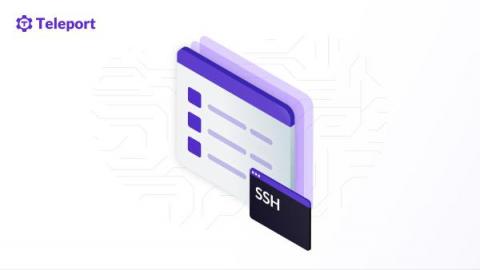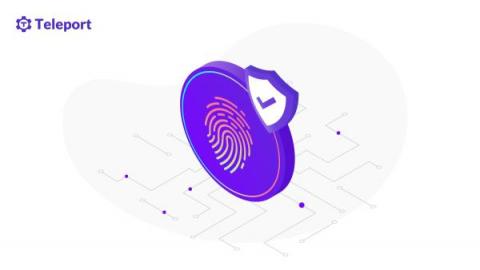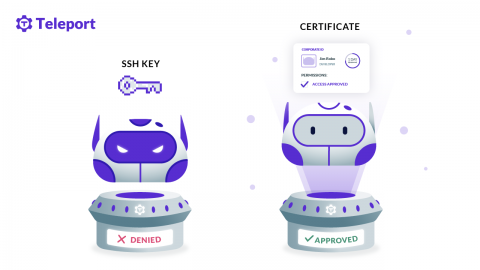Best Practices for Dealing With Log4j
Since December 10, in a span of just 20 days, there have been four different vulnerabilities published against Log4j. Engineers who worked long hours to update their Log4j versions to 2.15.0 on December 11th, were told three days later that they needed to do it all over again and upgrade to version 2.16.0. This is not sustainable. And yet the risks are high. Looking backward, we see that Log4j has been vulnerable since 2013 to the kinds of attacks described in CVE-2021-44228.











